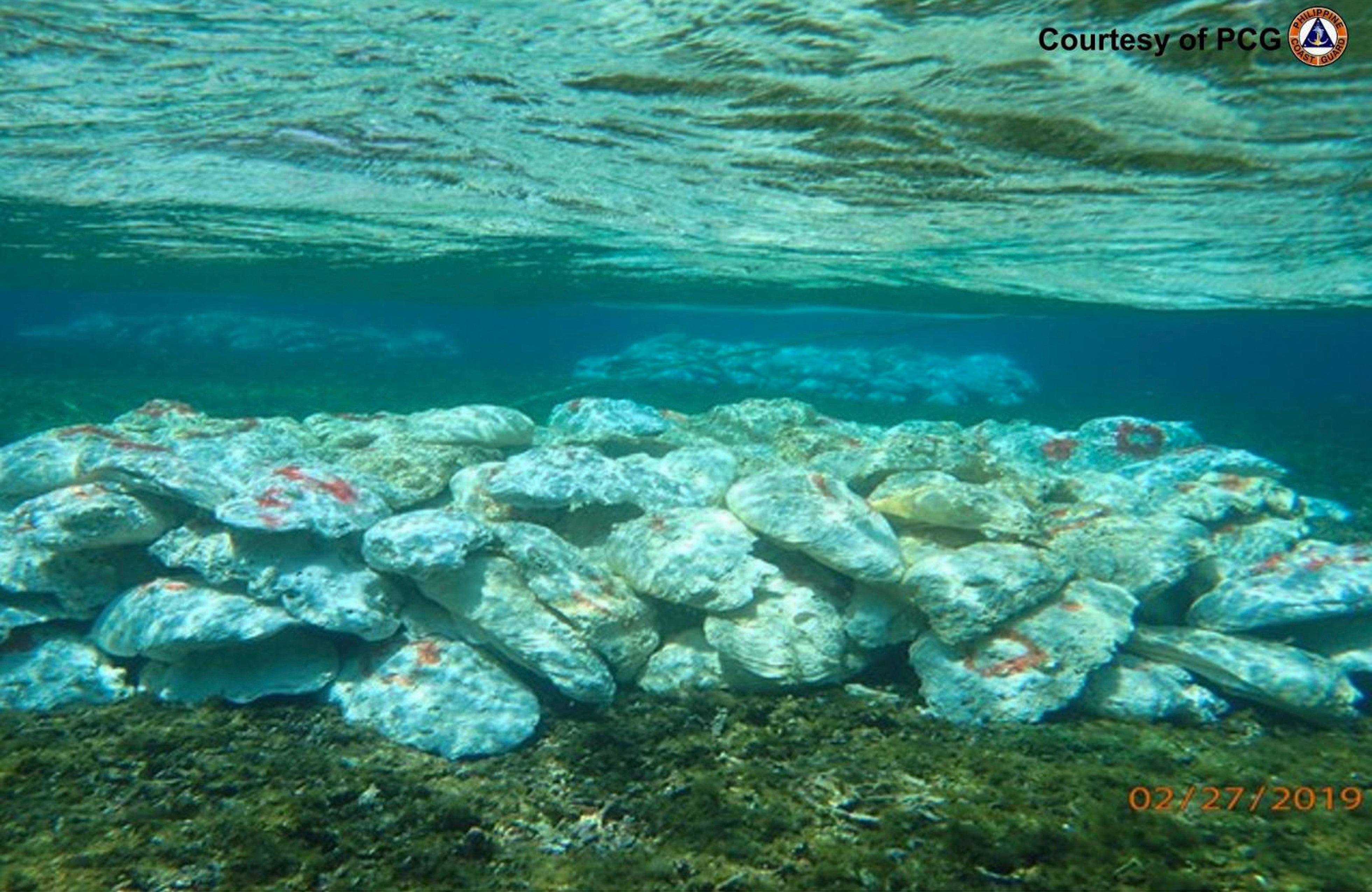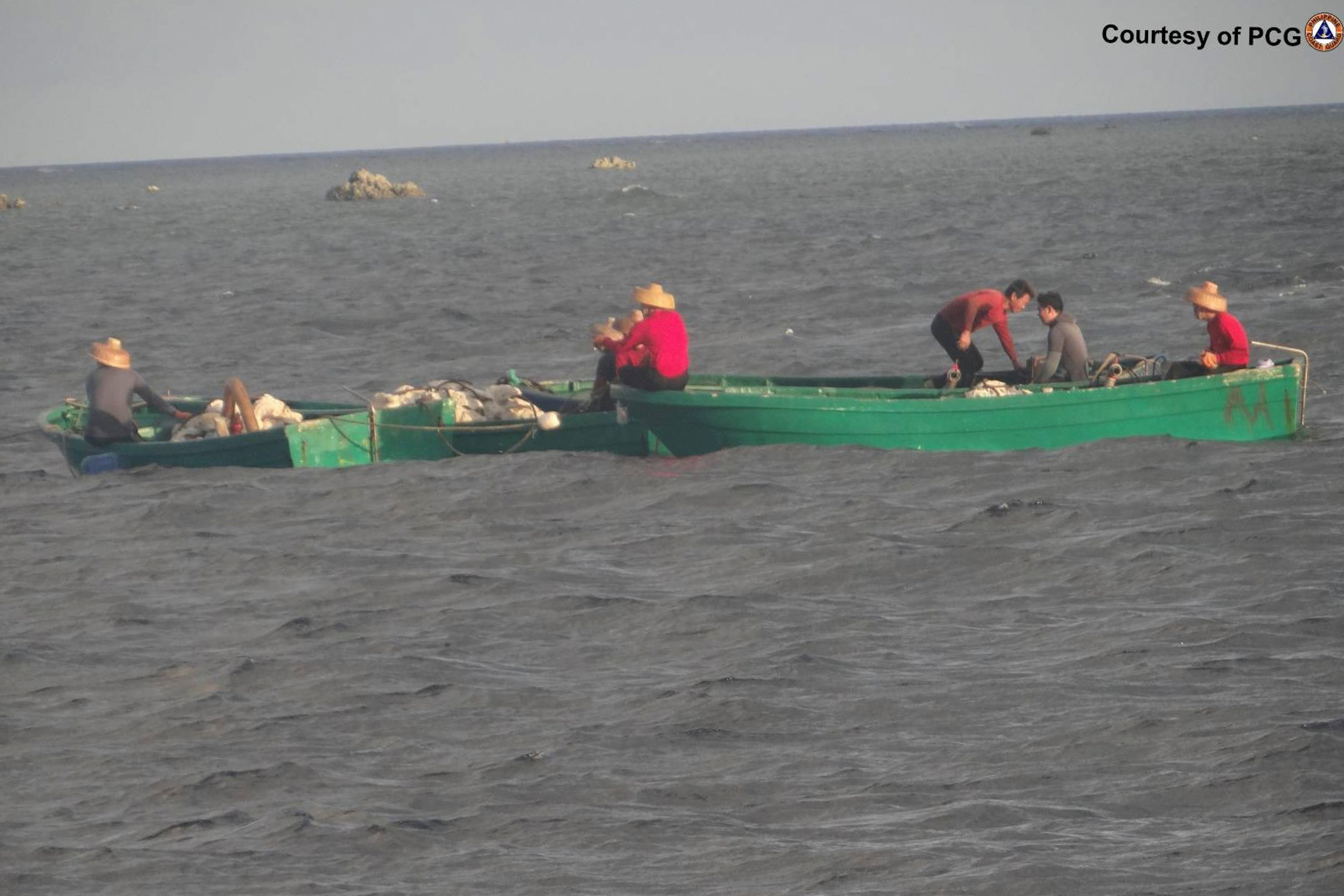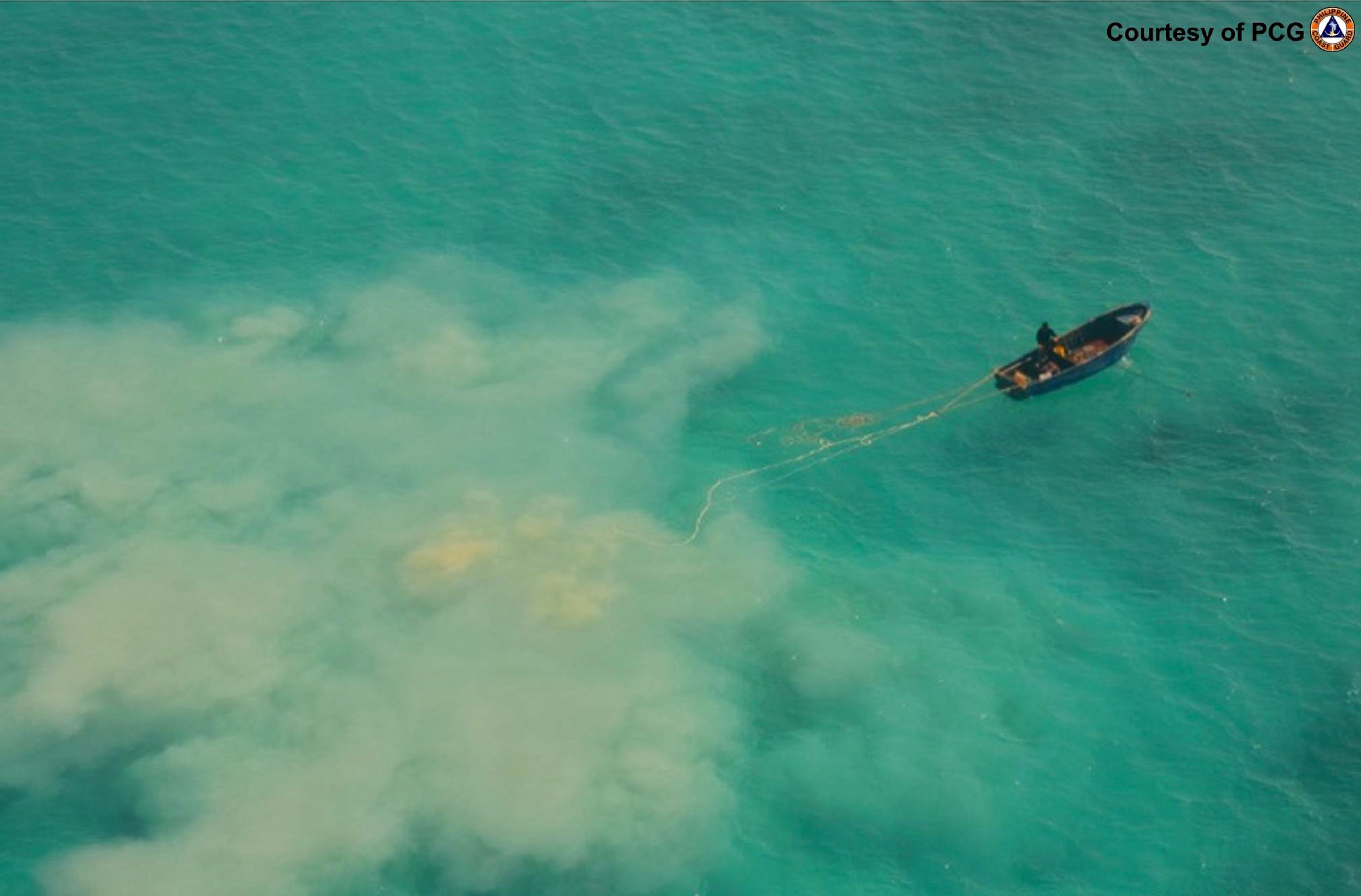Why America is worried about the disappearance of giant clams in the Philippines

Your support helps us to tell the story
From reproductive rights to climate change to Big Tech, The Independent is on the ground when the story is developing. Whether it's investigating the financials of Elon Musk's pro-Trump PAC or producing our latest documentary, 'The A Word', which shines a light on the American women fighting for reproductive rights, we know how important it is to parse out the facts from the messaging.
At such a critical moment in US history, we need reporters on the ground. Your donation allows us to keep sending journalists to speak to both sides of the story.
The Independent is trusted by Americans across the entire political spectrum. And unlike many other quality news outlets, we choose not to lock Americans out of our reporting and analysis with paywalls. We believe quality journalism should be available to everyone, paid for by those who can afford it.
Your support makes all the difference.The Philippines has blamed Chinese fishermen for a massive loss of giant clams.
The Philippine coast guard presented surveillance photographs of Chinese fishermen harvesting large numbers of giant clams for a number of years in a lagoon at Scarborough Shoal, but said signs of such activities stopped in March 2019.
The country has now urged an international inquiry into the amount of environmental damage.
Parts of the surrounding coral appeared to be badly scarred, in what the coast guard said was apparently a futile search by the Chinese for more clams. The lagoon is a prominent fishing area which Filipinos call Bajo de Masinloc and the Chinese calll Huangyan Dao off the northwestern Philippines.
"Those were the last remaining giant clams that we saw in Bajo de Masinloc,” Philippine coast guard spokesperson Commodore Jay Tarriela said at a news conference.
"We are alarmed and worried about the situation that’s happening there,” National Security Council Assistant Director General Jonathan Malaya said. He said China should allow an independent inquiry by experts from the United Nations and environmental groups.
The territorial hostilities have sparked fears of a larger conflict that could involve the US, which has warned that it’s obligated to defend the Philippines, its long-time treaty ally, if Filipino forces, ships and aircraft come under an armed attack, including in the South China Sea.
The Chinese Embassy in Manila did not immediately respond to requests for comment. Beijing has repeatedly asserted its sovereignty over much of the busy South China Sea. The territorial disputes involve China, the Philippines, Vietnam, Malaysia, Brunei and Taiwan. The Indonesian navy has also been involved in skirmishes with the Chinese coast guard and fishing vessels in the Natuna waters in the margins of the South China Sea.

The Philippines has adopted a policy of publicizing China's increasingly assertive actions in the contested waters to gain international support, and the news conference was its latest effort to condemn China's stewardship of Scarborough Shoal.
China effectively seized the shoal in 2012 after a standoff that ended when Philippine government ships withdrew based on what Manila said was a deal brokered by American officials to ease the dangerous confrontation. China reneged on its promise to remove its ships and has since surrounded the shoal with coast guard and suspected militia ships, according to Philippine officials.

Since then, the Chinese coast guard has had a series of skirmishes with Philippine patrol ships and fishing boats, which have been prevented from entering the lagoon, ringed by mostly submerged coral outcrops. Three weeks ago, Chinese ships fired powerful water cannons that damaged Philippine coast guard and fisheries vessels.
“They're preventing us from getting into the lagoon,” Malaya said. “We can ask third-party environmental groups or even the United Nations to do a fact-finding mission to determine the environmental situation.”
The Philippines has brought its territorial disputes with China to international arbitration and largely won. The 2016 ruling invalidated China’s expansive claims to much of the South China Sea, a key global trade route, on historical grounds and cited Chinese government actions that resulted in environmental damage in the offshore region.
China refused to participate in the arbitration, rejected its ruling and continues to defy it.